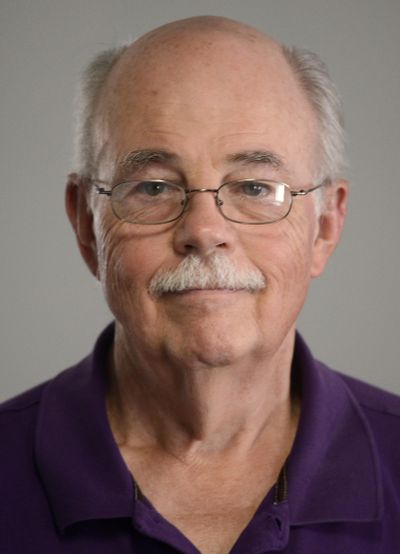Faith and Values: COVID-19 outbreak tests our ability, willingness to be kind to each other

“Six feet of separation.” “Six degrees of separation.”
They may look similar, but they really aren’t.
The first, a medical caution during coronavirus, is to keep six feet of separation between “me and thee.” A wise precaution.
Six degrees of separation is the popular idea that all people are six, or fewer, social connections from each other. The term was first used in 1929 – and popularized in a 1993 movie of the same name – to emphasize how closely connected people are all over the world.
The first phrase denotes physical separation of people. The second points to emotional connections of people. Both seem circumstantially appropriate in this time of medical, economic and social crises. Both phrases suggest ways that COVID-19 is testing more than our bodies.
The health crisis is testing not just our ability, but our willingness to keep our physical distance from other persons, even while we reach out to support other people. And when some kind of supportive opportunity presents itself, most people are quickly ready to step up in some way.
Again our finest impulses are working overtime to pull our country together to care for the vulnerable, to heal those with the coronavirus, and to remind each other how connected we are to one another. We see this in newspapers, TV news shows, TV commercials, social media posts and anecdotal stories told to each other.
We see and hear of people helping one another in simple, caring ways, or in highly organized ways. We offer this humblebrag as a reason why we do this: “Well, our community is just like this.” Or, “Our country can pull together in a time of crisis.”
And that is true. But it’s beyond the place we live that prompts us to help others. It’s because we are human! We are wired, if you will, to reach out to others with compassionate support.
Deep down inside our very being, our souls – regardless of what our defensive egos might prompt us to stupidly, hurtfully do at times – we hope intuitively that we are not alone. We act out an often-silent connectedness to others because that’s who we really are.
Our world health-crisis moment called COVID-19 compels us to remember this: All of creation is impacted by how we manage ourselves, how we relate to each other and how we work together to nourish our finest impulses.
We are not built to do this as individuals, folks.
We often live our daily lives in the illusion bubble that we are individuals first, last and always. But God created us also to be in healthy, nurturing relationships with other. In spite of our theologies and rituals that insist we are separate from each other, and even God, ultimately we aren’t.
In Romans 8:38-39, Paul reminds us that nothing separates us from the love of God. These verses are warmly repeated by countless Christians at a variety of times. But I wonder how deeply those repetitions go into our very being, our souls. Not very deep, as I observe.
A quick look today at the empty toilet-paper shelves in grocery stores suggests that it’s “every person for him/her self.” Now, admittedly, some people may buy extra TP to give to someone else. I surely hope so.
Be thankful! Even empty TP shelves won’t separate us from the love of God!
The COVID-19 is testing more than our bodies. Our spirits are getting a great test, too. We will pass it as best we can as individuals, even standing six feet apart. But we’re strongest when we live as a helping community.
The Rev. Paul Graves, a Sandpoint resident and retired United Methodist minister, can be contacted at welhouse@nctv.com.